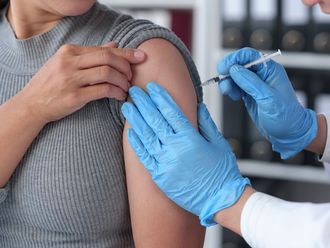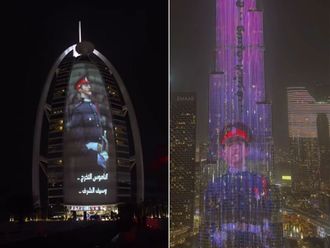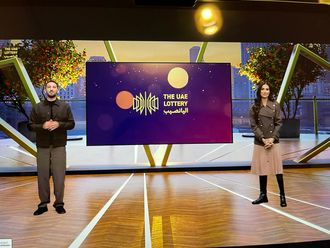A trial drug for thalassemia patients that eliminates excess iron generated by blood transfusions may be available in the UAE in six months.
ICL670 is an easy-to-administer drug for the 3 to 10 per cent of the population that are thalassemia carriers.
The cryptically coded ICL670 as well as new treatments for breast cancer, bone and neuroendocrine tumours were unveiled at Oncology 2005, the region's largest gathering of cancer specialists.
Held with the support of Dubai's Department of Health and Medical Services, Oncology 2005 featured the latest advances in treatment.
International trials of 1,000 adult and pediatric patients (350 of whom were from the Middle East) found that ICL670 was well tolerated in adults and even children as young as 2. Reported side-effects include nausea, abdominal pain and skin rash, but all within the normal range.
Thalassemia patients cannot produce enough haemoglobin to survive and need blood transfusions. Excess iron produced by the transfusions must be removed five to seven times a week, each taking up to 12 hours.
"Iron overload is a potentially life-threatening condition that results from the repeated transfusions," said Dr Ali Taher, associate professor at the American University of Beirut and president of the Lebanese Society of Haematology.
"The new oral treatment is effective and safe and can lead to a better quality of life," he said.












